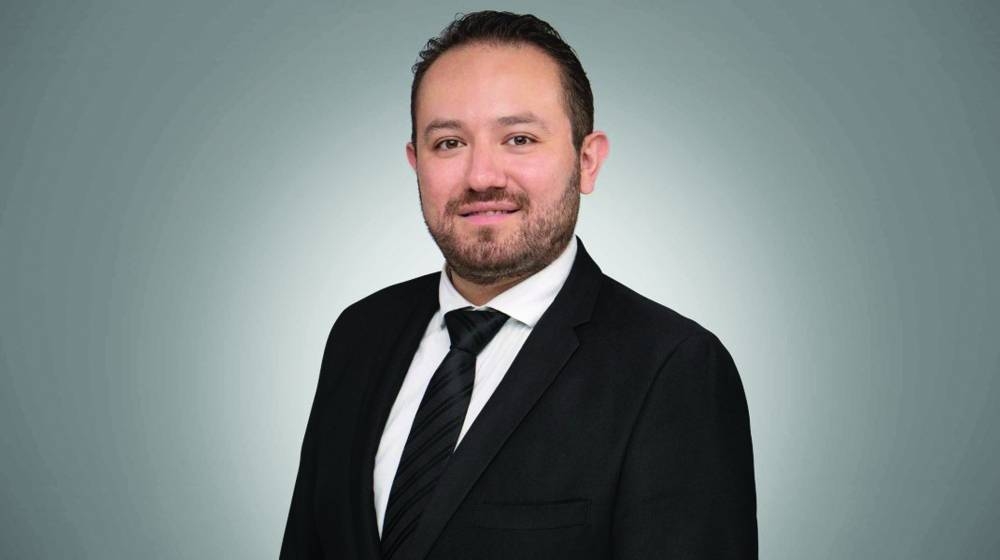One of the aspirations for Qatar is to become a hub for tech entrepreneurship and innovation, highlights an article on Qatar Foundation's (QF) website.
Some QF experts say that innovation is the key to a sustainable economy as it can increase productivity and output to contribute greatly to the economy.
For a nation, innovation means having a wealth of intellectual property assets that attract talent to the country.
“When we talk about Silicon Valley, we always talk about the likes of Google, Microsoft, and Cisco to name a few. These are tech giants and are in many ways more impactful than most companies manufacturing only physical products. These are the kinds of intellectual assets we need to aim for,” said Hayfa al-Abdulla, innovation director at QF’s Qatar Science and Technology Park.
According to al-Abdulla, this path is the most practical for Qatar given its size and educational assets. For a place like Education City which houses schools, universities, and a science and technology park all within miles of each other, she believes it is key to instill an entrepreneurship mindset among students from a young age.
“We must realise that fresh graduates today end up waiting years before getting hired. They need to know there is opportunity outside of traditional jobs. They don’t just need to be equipped with skills, they need to approach incubators, brainstorm creative ways to solve problems and pursue them because this is the future of the country,” she said.
“We need to be asking the right questions – how can we retain people and encourage them to invest and innovate in Qatar? Whether this means easing regulations for residency and establishing a business, or coming in and out of the country, we need to figure out how to use our existing resources and make them appealing to everyone,” she pointed out.
Dr Allan Villegas-Mateos, senior research fellow at QF partner university HEC Paris in Qatar, and author of ‘Qatar’s Entrepreneurial Ecosystem – 2021 and 2022 Editions,’ believes that Qatar is capable of attracting more talent and needs to create some further favourable conditions in order to incentivise entrepreneurs to set up and stay in the country.
Qatar’s entrepreneurial ecosystem – a system comprised of all the policies, programmes, capital, and financial resources that interact successfully to help develop and grow business ideas – is unique, according to Villegas-Mateos.
“The uniqueness of Qatar’s ecosystem is proximity to stakeholders and accessibility – you can make a phone call, get in touch with management, suppliers, whomever you need to, to get your business going. Networking is key in this community,” he said.
Some of the challenges facing this ecosystem, however, come up in the form of talent shortage, commercial obstacles, and time-consuming administrative procedures.
“As a startup founder, you need technical expertise to develop your product, but you also need a team. Which means you need talent and operating expenses, and you need them quickly because you want to grow rapidly,” he said.
Villegas-Mateos agrees with Al-Abdulla in that young entrepreneurs need to be aware of the resources they have on hand. Students and graduates of partner universities in QF need to be familiarised with the resources across that they have access to.
“Staff and faculty are key in guiding and training students – this is what will help bring a shift in culture and move us towards a more entrepreneurship-centric mindset,” Villegas-Mateos added.

Dr Allan Villegas-Mateos

Hayfa al-Abdulla
